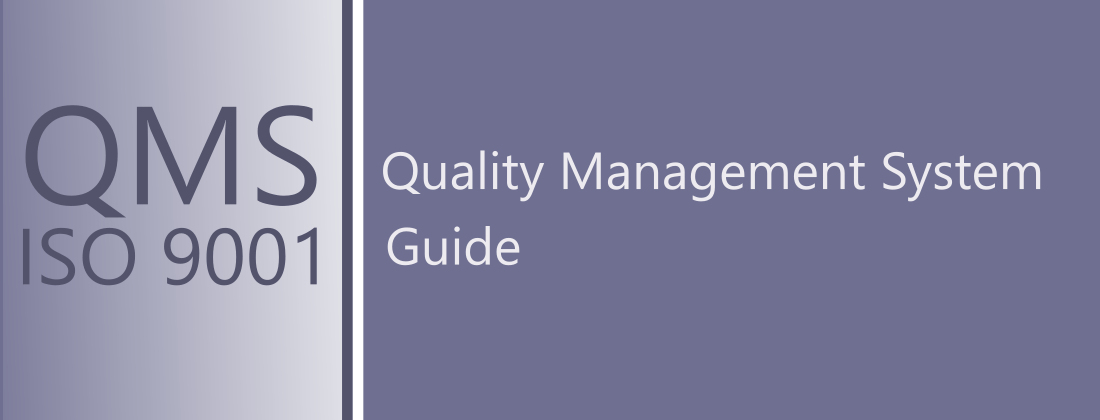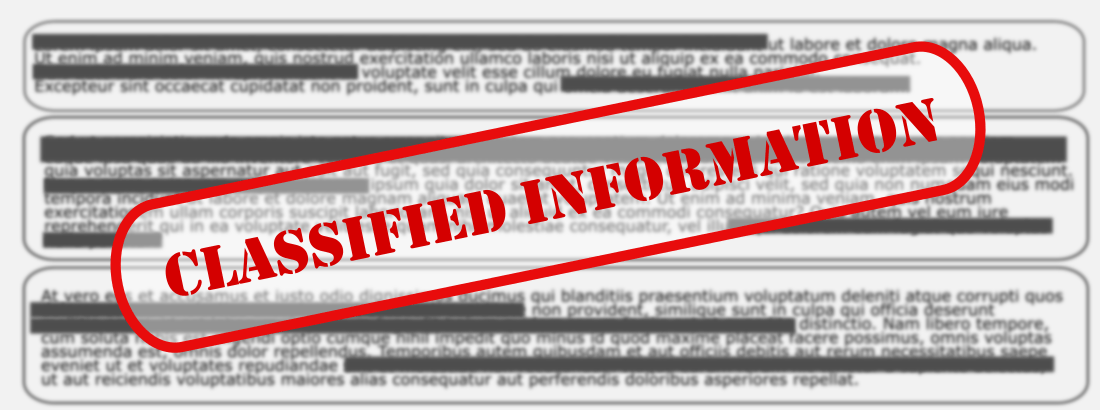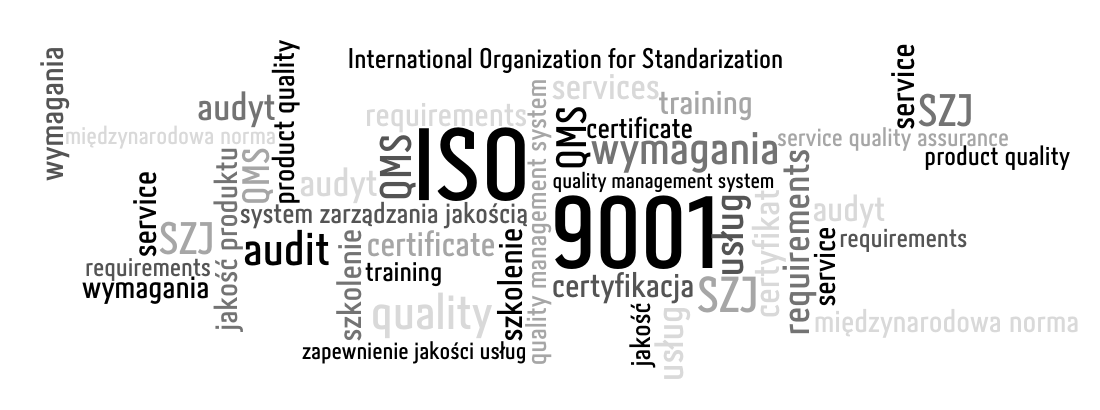In order to ensure the appropriate health quality of food, it is necessary to adopt legislative measures that impose specific requirements on foodstuffs, which constitute the basis for standardization and control.
Food law – can be defined as a set of legal regulations issued by competent authorities, setting the rules for the production and circulation of raw materials, food products, stimulants and objects of use that come into contact with them, to the extent necessary to protect health and meet expectations consumer.
The legal acts that establish EU law are:
- Regulations – they are fully applicable in all member states from the date on which they enter into force.
- Directives – are addressed to the Member States and are binding on them in terms of the objectives to be achieved, while the manner and methods of adapting the content of the Directive to national law depend on the decisions of individual countries.
- Decisions – are binding in relation to the entity to which they were referred, eg enterprises.
- Recommendations and opinions are non-binding and are most often issued by the Committees.
The institutions dealing with food legislation within the EU include:
- Commission of the European Communities – harmonises legislation. He is the initiator of proposals and recommendations.
- Working group on food – prepares legislation on nutrition.
- Standing Food Committee – there is a consultative body
- EU Council of Ministers – it is a decision-making body approving legal acts
- European Parliament – consultative function
- Scientific Committee on Food – provides unbiased scientific advice
The first Directive that started the creation of the Food Law was Council Directive 62/2645 of October 23, 1962.
In April 1997, the European Commission published a Green Paper. It describes the basic principles of the Food Law in the EU. According to the Green Book, the basic goals of the Food Law are:
- To ensure a high level of public health, safety and consumer protection.
- Ensuring the free movement of goods in the internal market
- Ensuring that Legislation is established on the basis of scientific evidence and risk assessment.
- Ensuring the competitiveness of European industry and increasing future exports.
- Entrusting responsibility for industrial food safety to producers, suppliers, using risk and hazard analysis systems.
- Ensuring that legislation is compliant, logical, user-friendly.
On January 12, 2000, the White Paper on food safety was published. It covers issues related to the reform of the EU food law, the timetable for implementation and the assumptions of the Union’s policy in this area. The following topics were discussed:
- Establishment of the European Food Safety Authority
- To ensure the consistency of Union food safety legislation
- Provision of information policy
- Ensuring international cooperation
The White Paper strongly emphasizes the importance of the role of supervision through proper monitoring, appropriate laboratory facilities and scientific advice. Supervision covers food production, technology, processing, storage, distribution and retail.
Autor: Marzena Jakóbowska






